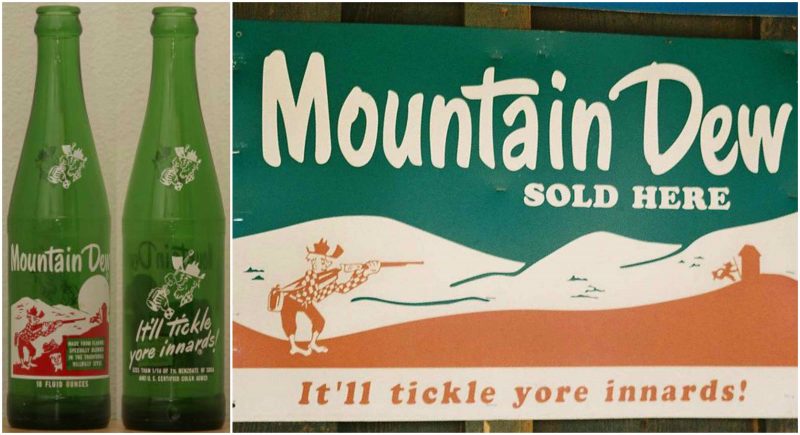Mountain Dew is a carbonated soft drink brand produced and owned by PepsiCo. The original formula was invented in 1940 by Tennessee beverage bottlers Barney and Ally Hartman. A revised formula was created by Bill Bridgforth in 1958.
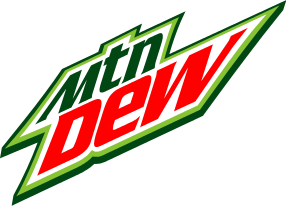
The brothers were part of a group that began bottling Orange Crush in Augusta, a hugely successful soda in those days. However, the Great Depression hit the Augusta plant particularly hard, leading the business into bankruptcy in 1932. The Hartman brothers then moved to Knoxville to join an Orange Crush franchise there.
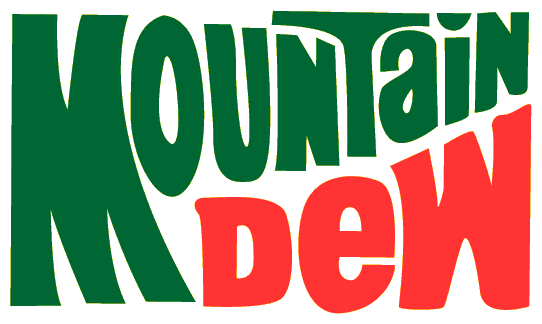
While they lived in Georgia, they were fond of a lemon-lime soda called Natural Set-Up, which was the perfect mix for their other favorite beverage, Old Taylor bourbon.
Luckily for the Hartmans, they had a bottling plant at their disposal. According to Dick Bridgforth’s Mountain Dew: The History, the brothers began bottling small runs of a lemon-lime soda for their use. At first, they called it “Personal Setup,” but it was later dubbed “Mountain Dew,” a joking reference to moonshine. Rather than a commercial drink, Mountain Dew was a novelty that the Hartmans used to mix drinks for themselves and guests.
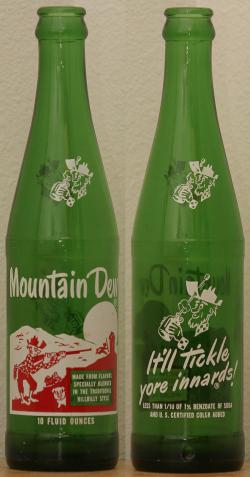
As a joke, the Hartman brothers decided to have their friend John Brichetto draw a cartoon label featuring a rifle-toting hillbilly. Without any expectations for success on the market, they launched the new soda back home in Tennessee. To their surprise, a bottler from Johnson City, Tenn. asked about the bottling rights for the private soda, and by 1951, the commercial Mountain Dew was ready for store shelves.
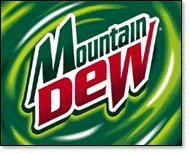
Hartmans’ original recipe wasn’t the same soda we drink today but was much closer to today’s 7UP or Sprite. Their version of the soda never truly found a niche in the marketplace. In 1957, the Marion, Va.-based Tip Corporation bought the Mountain Dew brand from the Hartmans.
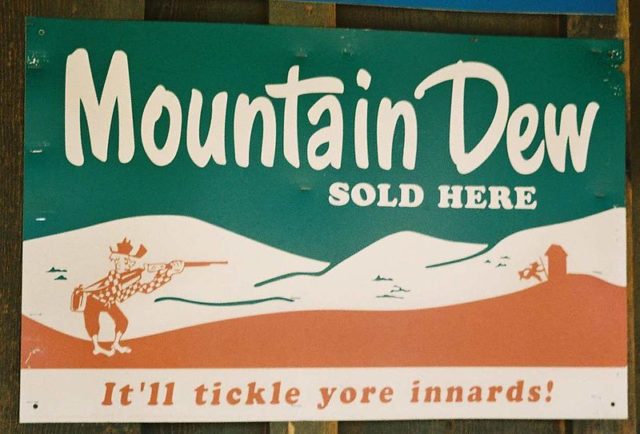
In 2001, Ally Hartman’s son revealed to the Associated Press that he had turned down the opportunity to buy the brand for $1500 when he was just 19 years old, so his father and uncle sold out to the Tip Corporation instead.
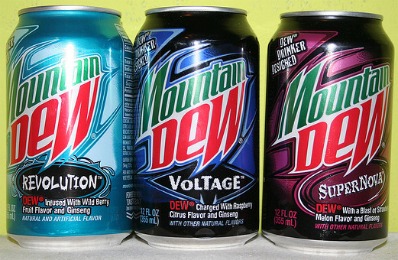
Today, Mountain Dew’s competition includes The Coca-Cola Company’s Mello Yello and Surge, and Dr. Pepper owner Snapple Group’s Sun Drop. Mountain Dew accounts for 80 percent of citrus soft drinks sold within the US.
